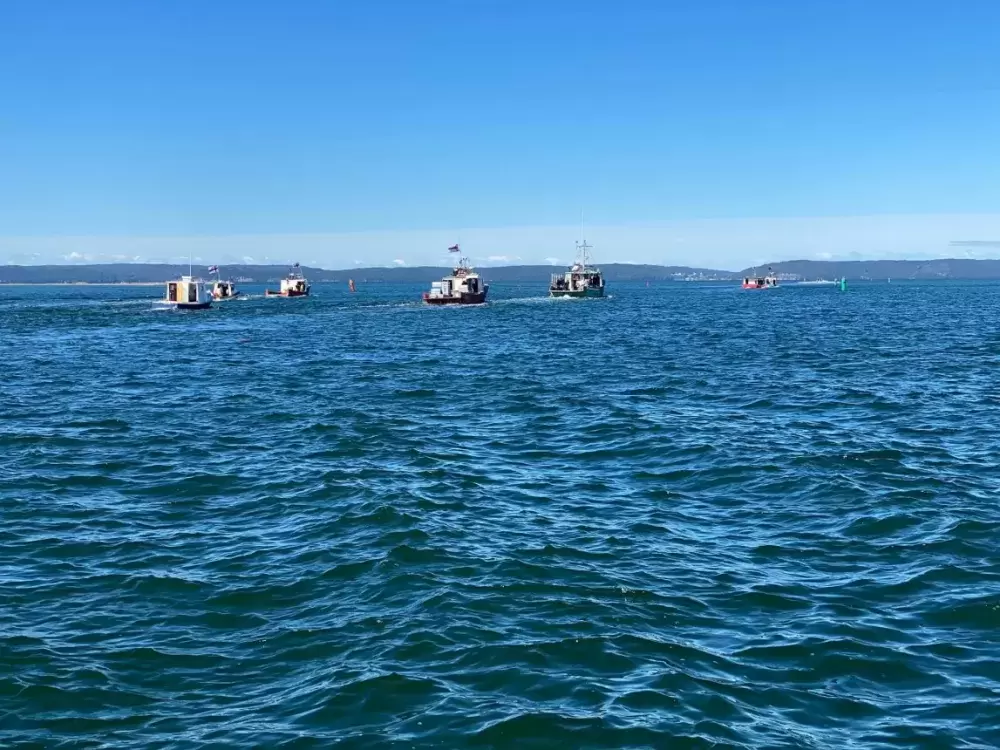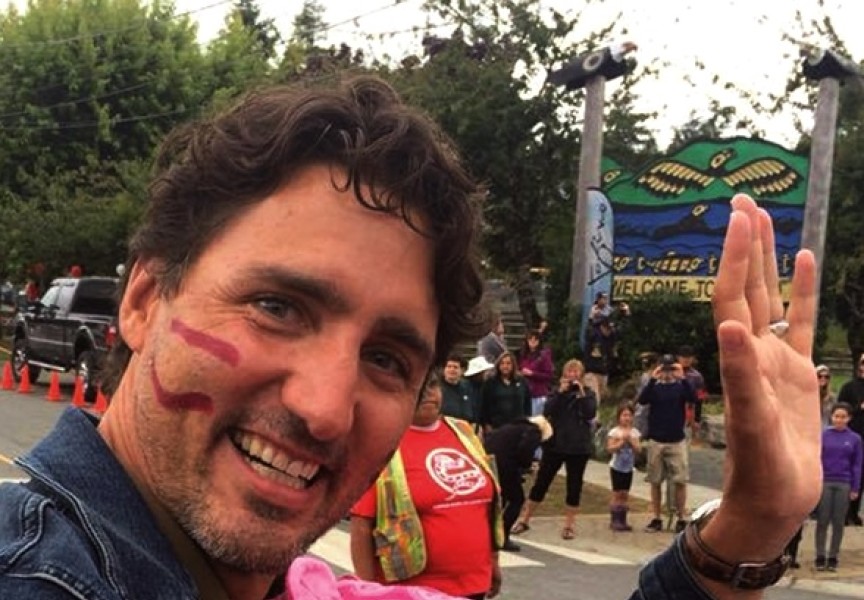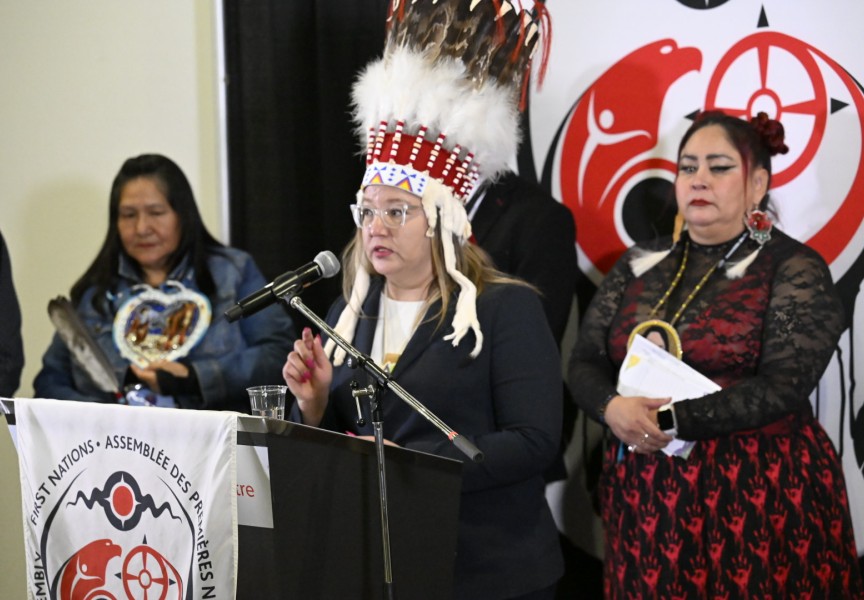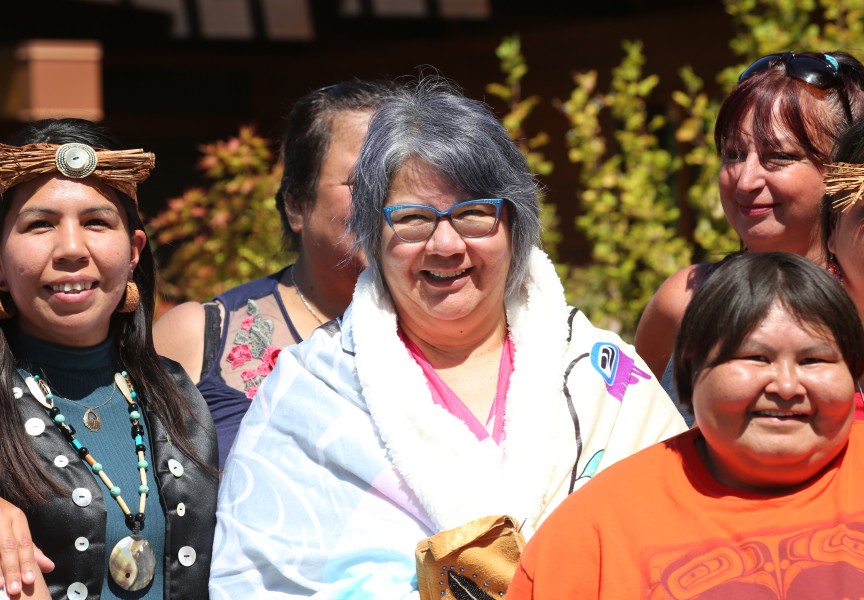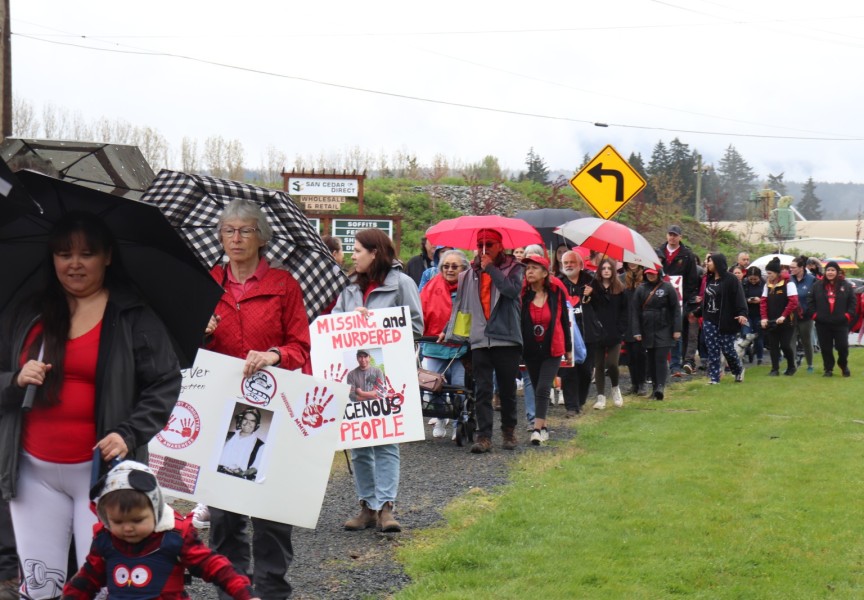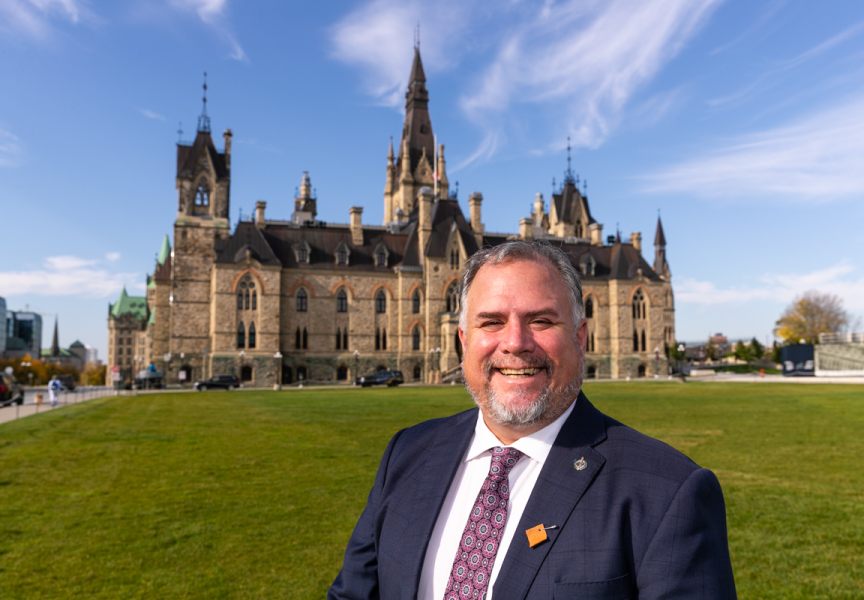Tensions on Canada’s east coast have been brewing ever since the Sipekne’katik First Nation opened a moderate livelihood lobster fishery outside of the federally regulated season last month in St. Marys Bay.
This led to violent backlash from Nova Scotia’s non-Indigenous commercial fishermen, who argue the Aboriginal fishers are threatening their way of life and will negatively impact lobster stocks.
"This isn't about the rights of Indigenous people to fish,” said Bernie Berry, President of the Coldwater Lobster Association, in a release. “This is about conserving the fishery for everyone – both Indigenous and non-Indigenous fishermen. Unless there is one set of rules driven by conservation of the fishery, Canada's fishery will be destroyed."
At its current scale, the amount of fishing in the moderate livelihood fishery is “so tiny that it’s really not an issue,” said Tony Charles, acting director of the School of the Environment at Saint Mary's University in Halifax.
“But if it were to grow over time, I think at some point there would be some issue there,” he said.
St. Marys Bay is a nursery ground for lobster, making it a particularly sensitive ecosystem, said Charles.
“There really has to be some attention to the concentration of fishing activity in what’s actually a fairly small area,” he said.
The long-standing battle dates back to 1752, when a treaty was signed between the Mi’kmaq and the governor of Nova Scotia, acknowledging the First Nations’ inherent right to hunt, fish and trade within their traditional territory.
A 1999 Supreme Court decision cemented the ruling, establishing that the Mi’kmaq have a treaty right to hunt, fish and gather in pursuit of a “moderate livelihood.”
But what constitutes “moderate” is still up for debate.
This fall hundreds of lobster traps have either been destroyed or seized by non-Indigenous fishermen, two Mi’kmaq fishing boats have been set on fire and a fishing pound used by Mi’kmaq in Central West Pubnico was burned to the ground.
“These people are in danger,” said Terry Dorward, Tla-o-qui-aht elected councillor and Tribal Parks guardian. “Their communities are threatened with domestic terrorism. There’s boats, there’s vans, there’s infrastructure being torched. There’s people who have been injured and our collective leadership, our Tla-o-qui-aht Ha’wiih, have always been supportive of other Indigenous struggles – especially struggles that intertwine with ours.”
Ruth Inniss of the Maritime Fishermen’s Union said that she is “mortified” by what is going on.
“We don't condone the violence and we don’t condone the burning of buildings,” she said.
The tipping point was reached when non-Indigenous fishermen watched “tens of thousands of pounds” of lobster come out of St. Marys Bay in the off season under the guise of a food, social and ceremonial fishery, she said.
“It is, in essence, the buyers that are empowering this,” said Inniss. “The buyers and other people that are willing to buy the fish and sell the fish – which is illegal. I think the focus needs to be on the federal government and the buyers that are empowering this illegal activity.”
For Dorward, the ongoing conflict in Atlantic Canada hits home.
“We’re both coastal peoples,” he said. “We continue to have the same frustrations with the federal government when it comes to fishery issues.”
It has been 11 years since the BC Supreme Court recognized the Indigenous rights of Ahousaht, Ehattesaht/Chinehkint, Hesquiaht, Tla-o-qui-aht and Mowachaht/Muchalaht First Nations to catch and sell species harvested within their territories.
The five Nuu-chah-nulth First Nations comprise the T’aaq-wiihak Fisheries, which continues to negotiate with the federal government over disparity in fish allocations.
“We’re seeing the exposure of systemic racism,” said Dan Lewis, executive director of Clayoquot Action. “We have the RCMP standing idly by while violent hate crimes are committed. We see the Mi’kmaq in a situation much like several Nuu-chah-nulth nations here, where the court has recognized their legal right to a commercial fishery and yet, the Department of Fisheries and Oceans Canada refuses to follow through with the allocations that are necessary.”
For the first time, the moderate livelihood fishery is based on First Nations management plans, which Charles said “could be the most exiting thing that comes out of this whole development.
“Of course, the big challenge is, how do those fit in the commercial sector management plans? How do they operate side-by-side? Everybody has got to figure that out,” he said.
A Mi’kmaq solidarity demonstration in Tofino was cancelled on Friday, Oct. 23 due to a recently confirmed COVID-19 case in the region. While the community could not physically come together, Tla-o-qui-aht First Nation’s support remains strong.
“Like the Mi’kmaq, the Tla-o-qui-aht have been displaced,” said Dorward. “We’ve been marginalized, we’ve been dislocated from the fisheries and sometimes it takes being assertive when it comes to title and right. That’s what the Mi’kmaq are doing and we’re going to support them.”

